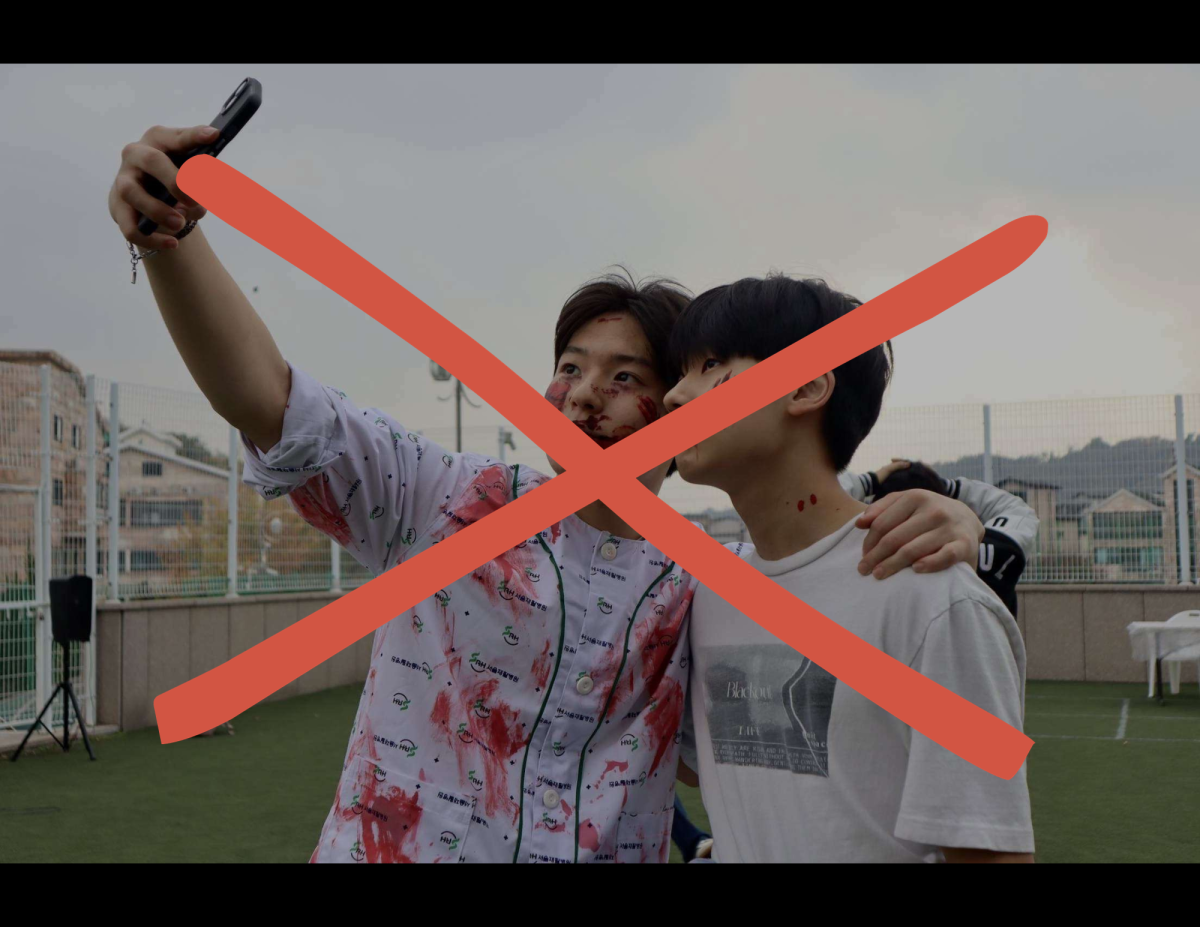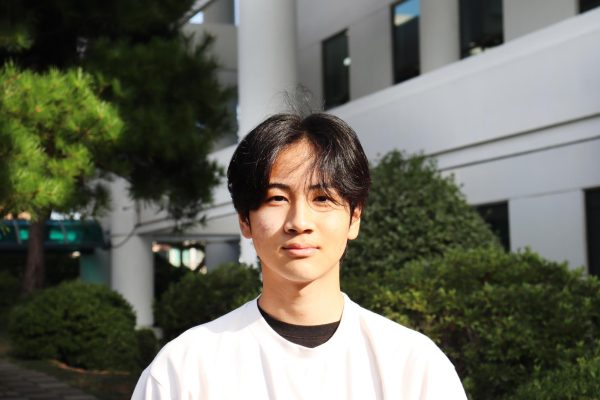This year at SIS, we did not celebrate our traditional Halloween Carnival. Instead, we had the Fall Festival. Obviously, it is just the name that has changed; this year’s Fall Festival included a Haunted House and also a costume competition, which are popular forms of celebrating Halloween. Yet, the reason for this change in name is clear and necessary: Halloween is a holiday that should not be celebrated.
Unlike other holidays such as Christmas or Thanksgiving, modern Halloween has no significant value for most people, but rather a playful day of dress-up and eating candy. Historically, Halloween was a Celtic festival of Samhain, when people wore costumes and lit bonfires to scare off ghosts. It was first integrated into colonial American culture as a form of “play parties,” due to the mix between immigrant European culture and Native American culture. However, these pagan values that were historically associated with Halloween are now non-existent, showing how the true form of Halloween has been diluted.
Originating from celebrating ghosts and mischief, celebrating Halloween can also lead to normalizing certain inappropriate behaviors like pranking and vandalism. Halloween is known for that certain party mood, and along with increased alcohol consumption during the holidays, individuals are more likely to opt into reckless behaviors. Most importantly, since Halloween encourages individuals to dress up, the holiday is often an excuse for many to wear extremely sexually provocative clothes, under the innocent name of costumes.
“In this year’s Halloween, I’ve seen too many Men In Black costumes that are not even close to being resemblant of the original,” David Kim (11), HSSC member, said. “However, no matter what the original looks like, people make the clothes somehow inappropriate and revealing. Suddenly, the Men In Black is wearing a mini-skirt and a crop top.”
Additionally, cultural appropriation in costume ware has also been a big problem for a long time, as wearing certain cultural costumes may be offensive to people of that culture. This line of cultural appropriation is also very arbitrary, as in essence, all clothes belong to a certain culture. To avoid offending all the diverse cultures, individuals have an extremely limited amount of options for their costumes, which raises questions regarding whether dressing up really matters at all.
Although some individuals might think that Halloween is a light-hearted holiday that no one takes seriously, the continuous celebration and normalization of the holiday can lead to desensitization. Repeated exposure to certain themes, especially ones of violence and fear, can impact the way individuals see real-life issues. Halloween also can be seen as glorifying violence, as costumes and Halloween attractions often feature graphic scenes of gore and torture.
Although the change of name to Fall Festival was to pay respect to the sensitive Itaewon tragedy, it brought up confusion that the SIS community celebrated the Fall Festival by decorating the school with decorations of death and gore. Last year on Halloween Eve, 159 people were crushed to death at Itaewon, which shows how the holiday remains a sensitive issue in South Korea. Celebrating this holiday again this year may be ignorant of the traumas that the victims and the families of the victims live through, reminding them once again.
The Itaewon tragedy highlights the dangers of Halloween. During cases of emergency, individuals are confused and unable to reach out for adequate help due to many individuals dressing up as police officers and firefighters. Halloween is also the perfect time for criminal activity, as the masses of crowds and costumes provide anonymity for criminals.
Next year, individuals should reconsider the reasons behind the celebrations of Halloween. Even though the holiday provides entertainment and joy of dressing up and socializing with friends, the clear harms of Halloween and lack of deep, resonating history within South Korea all are reasons why the holiday is not for us.


